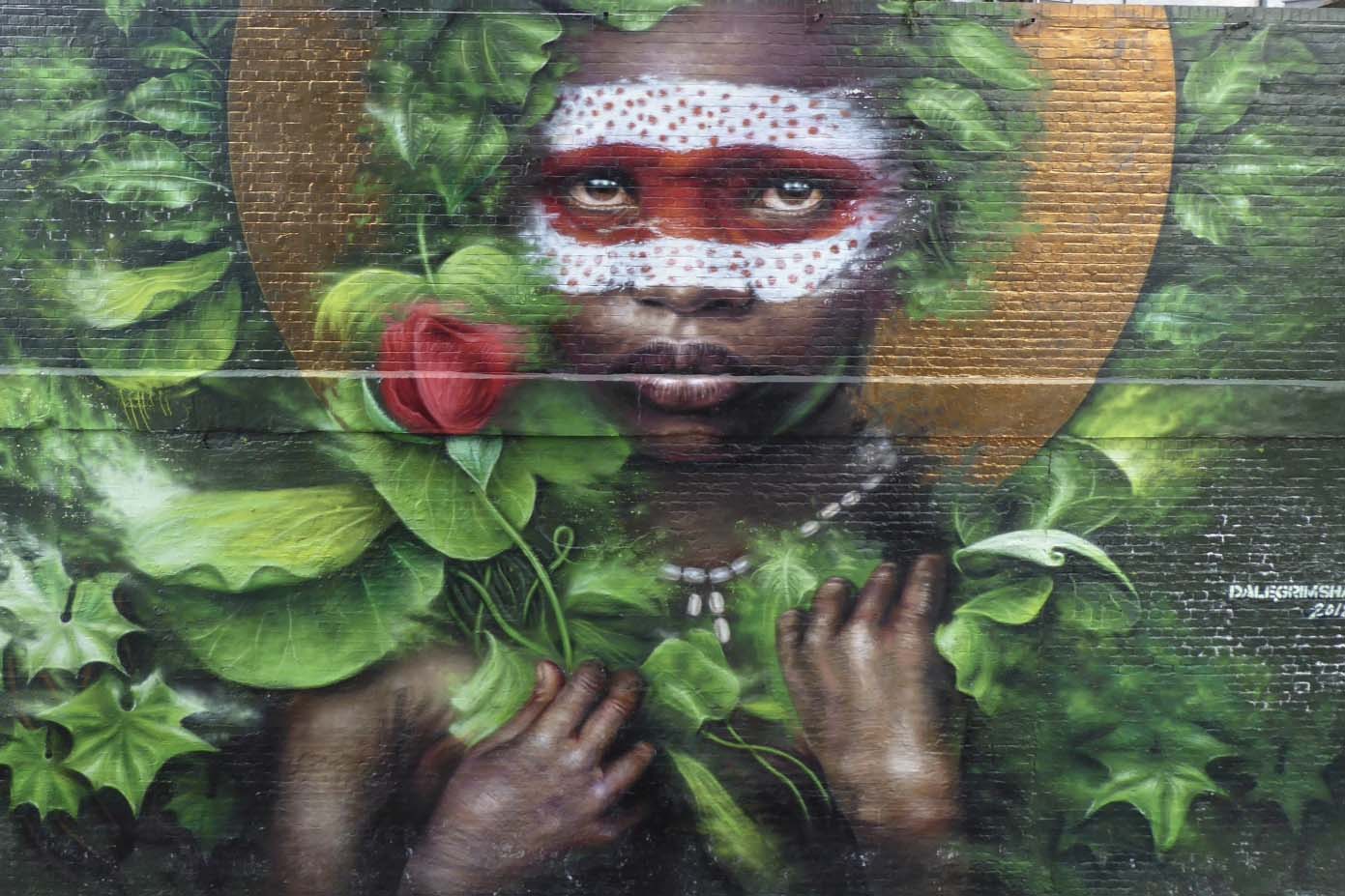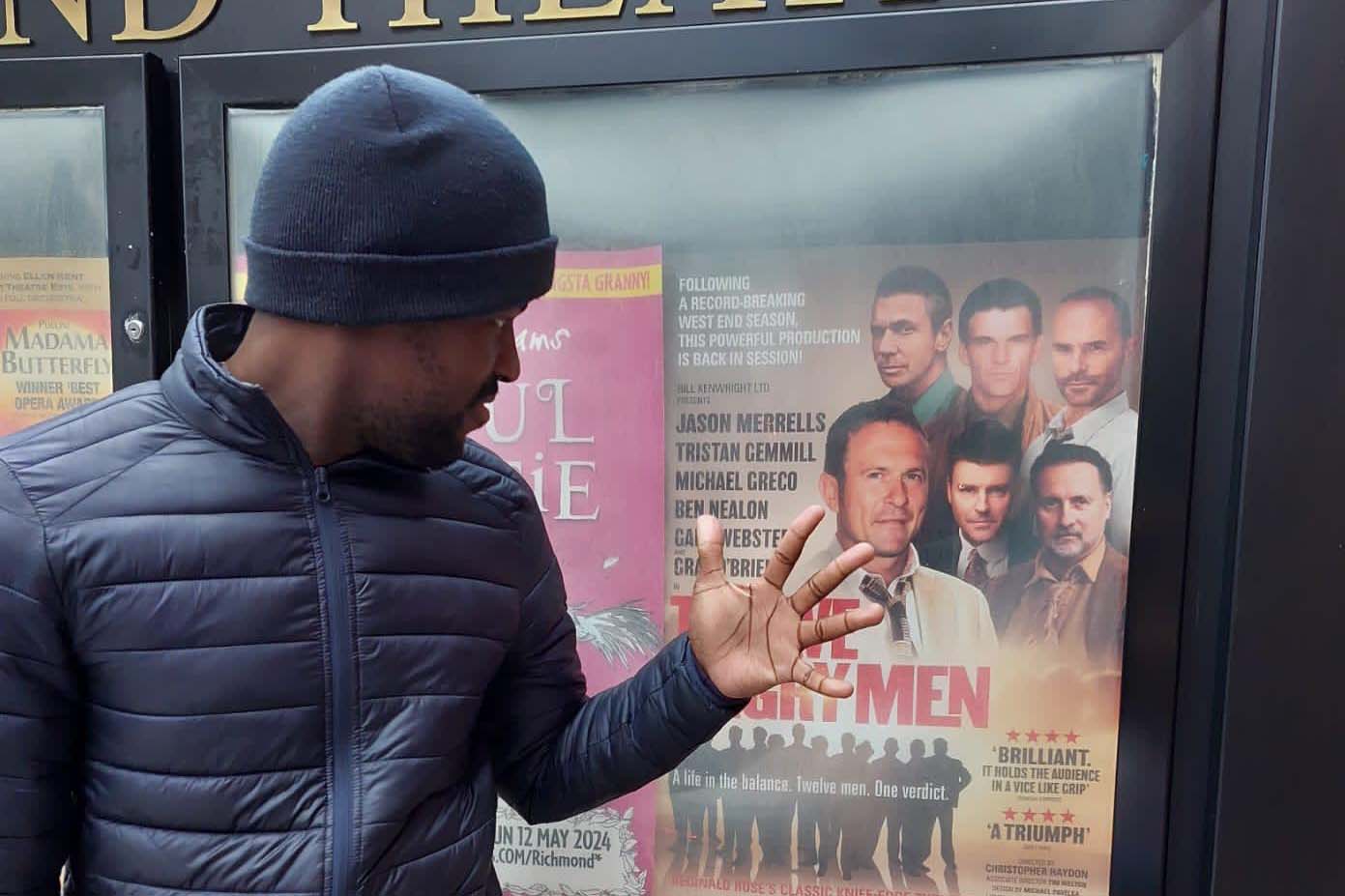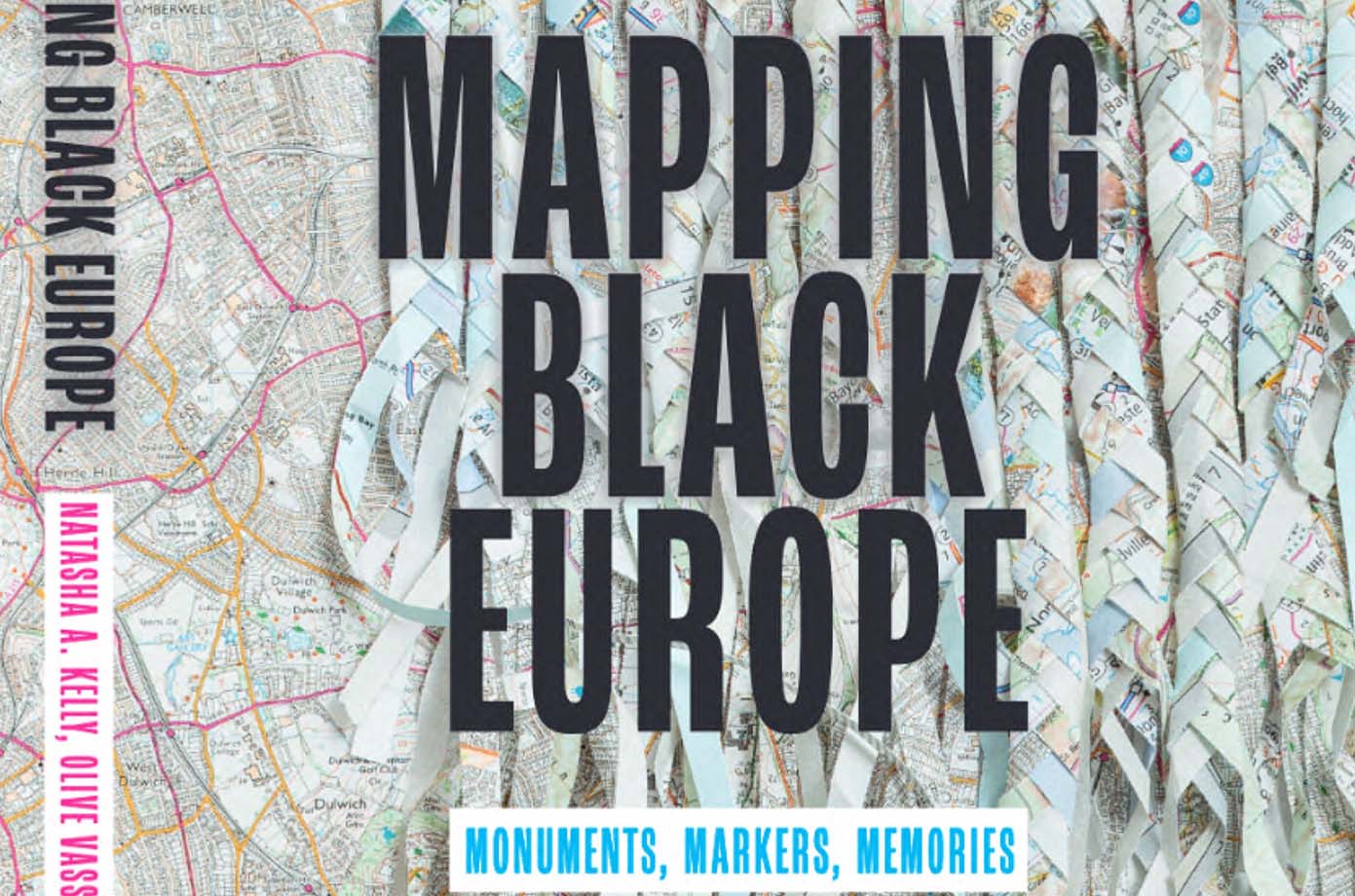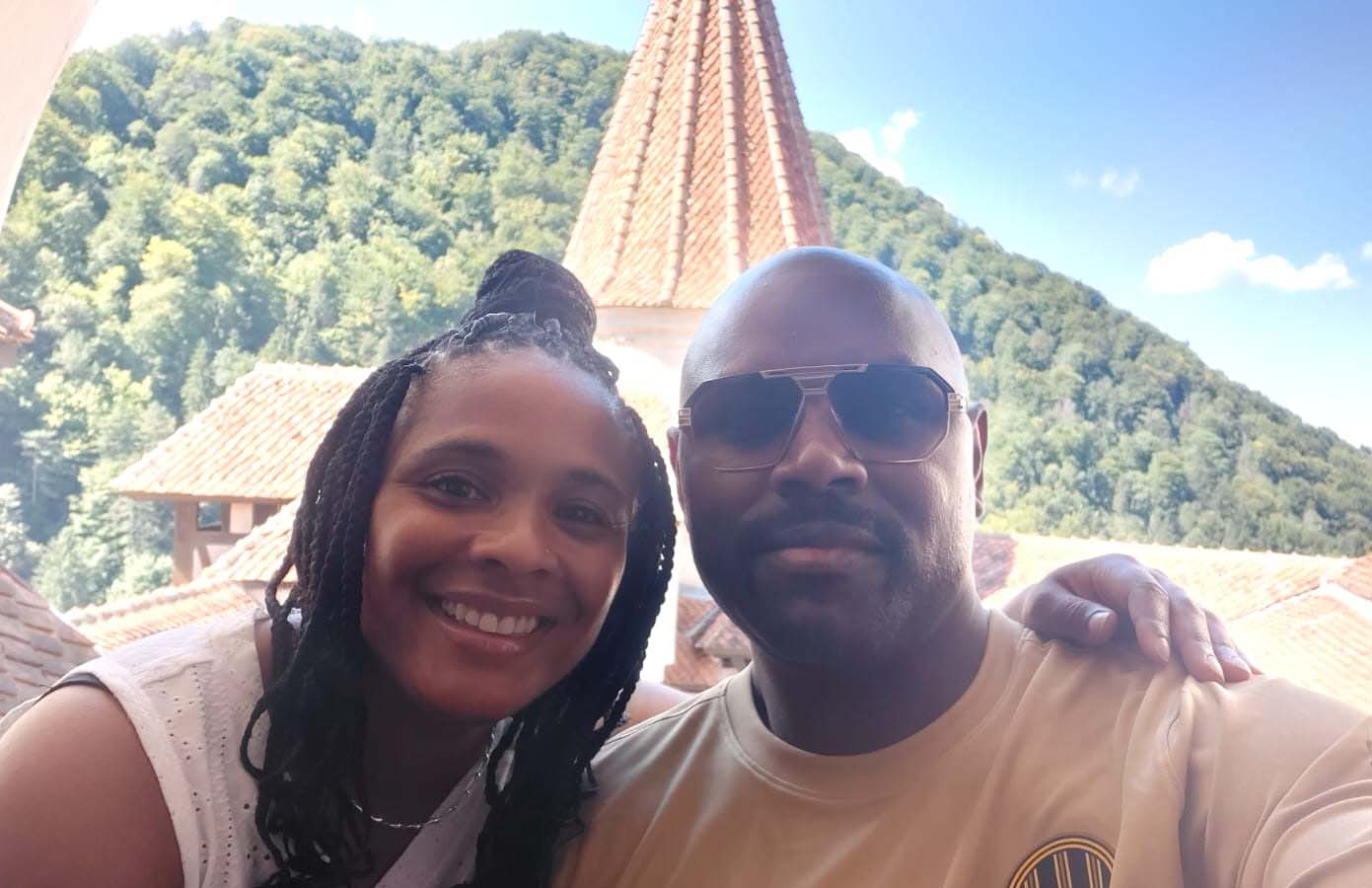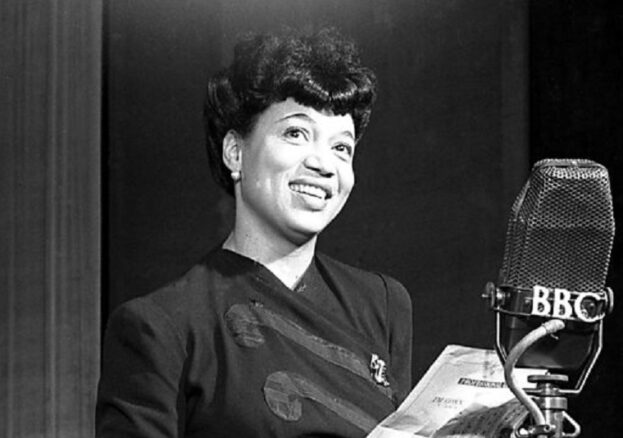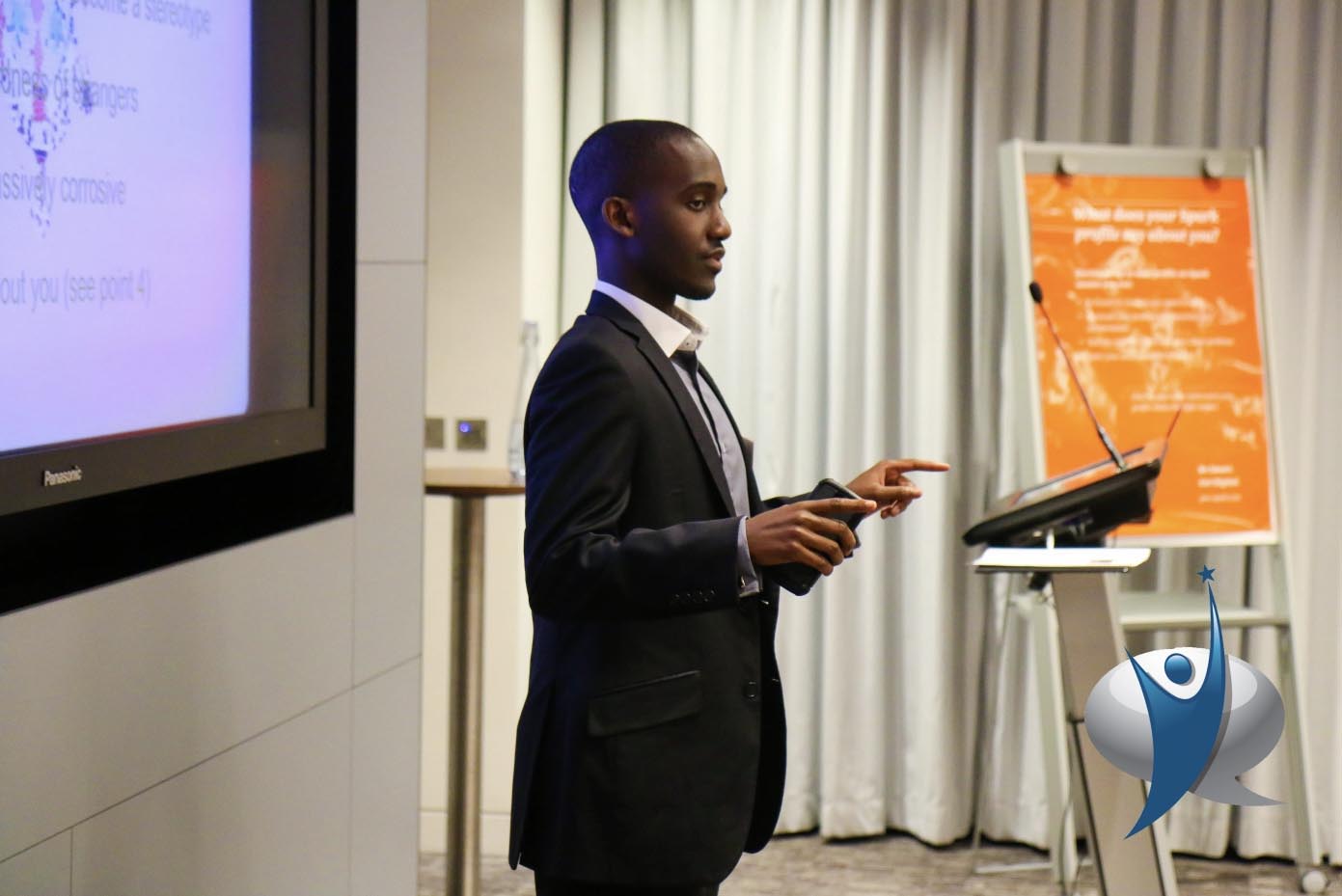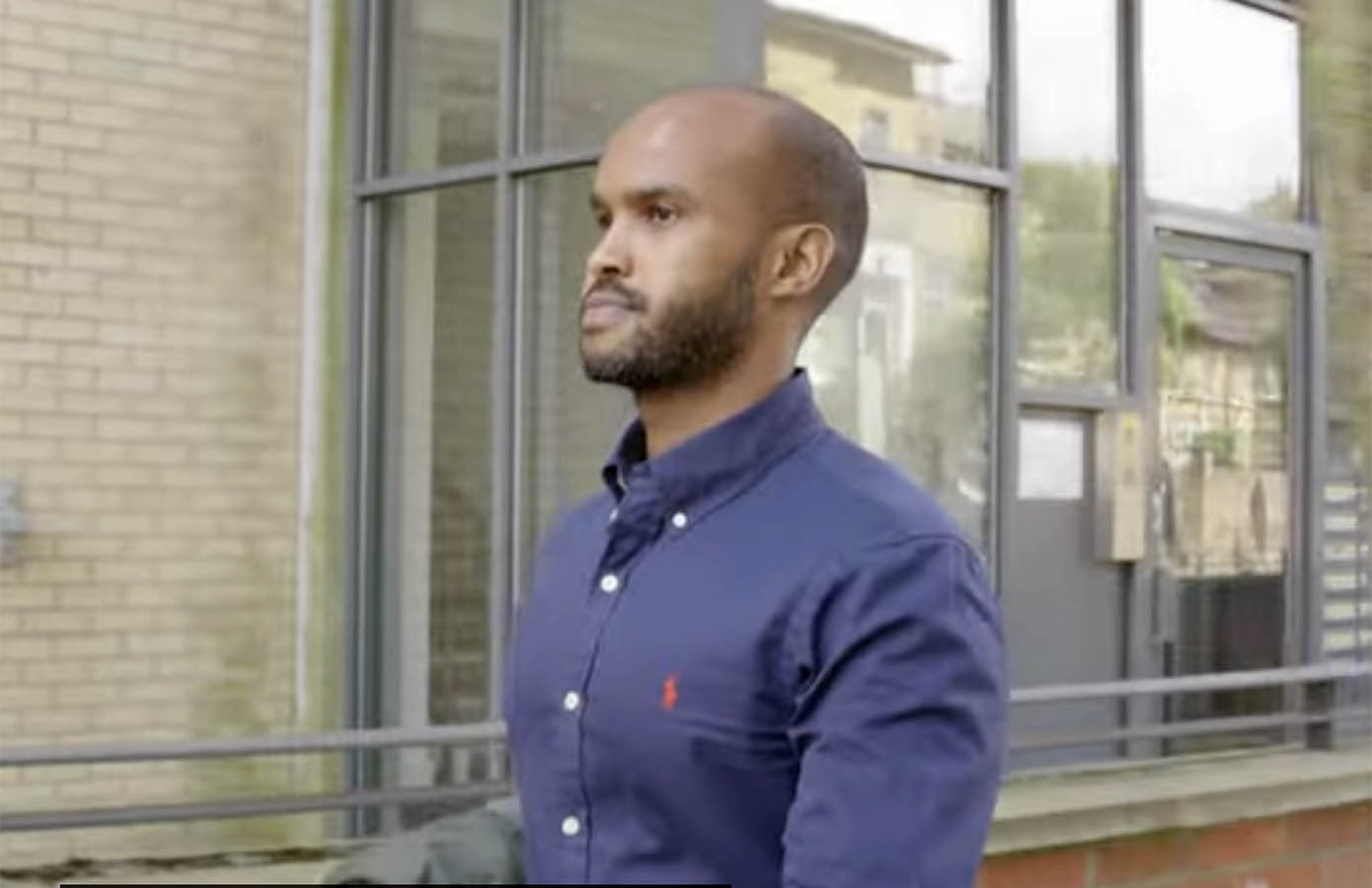
Labour Councillor Awale Olad represents Camden in London. Courtesy Photo: Council of Somali Organisations.
Somalis thrive in the UK
BY BBRIT PROJECT
The United Kingdom’s Somali community has deep roots reaching back to the 19th century when seamen and merchants settled in the nation’s port cities, mainly in Cardiff, Liverpool and London.
Many came from the UK’s former colony, British Somaliland, and worked in the thriving docks. The next major wave of immigration came in the 1980s and 1990s, during the civil war in Somalia These new Britons make up the majority of the current Somali population.
The UK is now home to the largest Somali community in Europe. In the 2021 census, more than 175,000 residents in England and Wales described themselves as “Somali.” A majority Muslim community, most live in England, starting with London and there are smaller communities in Birmingham, Bristol, Manchester, Liverpool, Leicester, Milton Keynes, Sheffield and Cardiff.
The community may not be as prominent as others – Mo Farah, a long-distance runner who won gold medals in the 5,000 metres and 10,000 metres at the 2012 London Olympic Games – is perhaps the most well known. However, in recent years, it has increasingly engaged in local politics. The first councillor of Somali descent was elected in 2004 and by 2014, around 16 had won office. Meanwhile, in 2018, a former refugee was appointed Lord Mayor of Sheffield after winning a council seat as a member of the Green Party.
Meet some of the UK’s most active citizens of Somali-descent below.
Mia Morris: Living the history
By Olive Vassell
Black history is not a once a year, monthly celebration for cultural community activist, Mia Morris OBE FRSA. Her long standing devotion to telling the stories of the Black presence and contribution to the United Kingdom, has spurred decades long activism and made her one of the most respected voices in the nation.
Morris founded the first Black History Month website more than 20 years ago, but her activism goes back far longer. That work started with the pioneering BBC Radio show, Black Londoners, in the 1980s, she explained. Initially working as a greeter for the programme which was hosted by journalist and activist Alex Pascall from 1974-1988, Morris met Black leaders in a variety of fields, including the arts and heritage sector where she would later find her career home.
“Every single Friday for five years I went to this programme and my job, all I had to do was meet and greet people. All those different people that I’ve worked with over the years then moved on and developed and it was natural that I would develop and move on alongside but doing something slightly different.” Towards the end of the show’s run, Morris presented the weekly slot for young people on Mondays, along with the What’s On segment on the main broadcast.
Born in the UK in the late 1950s to Grenadian parents, Morris grew up in a part of Hackney which was predominantly Jewish. “Caribbean and Jewish people lived alongside each other because we all had similar experiences like the discrimination we faced coming to live and work in a place where people were weary of us,” she said.
Her business-minded parents valued intellectual exploration, encouraging their daughter and other five children to read and discuss issues and ideas.
“My entrepreneurial spirit comes from my family lineage,” she said. Morris’ father was a Saville-Row trained tailor who worked with the likes of Major Ronald Ferguson (Sarah Fergus, Duchess of York’s father) and her mother a trained hairdresser.
“My parents worked privately as a hairdresser and tailor at home. Dad used to make clothes and simply tell people who had upcoming job interviews to pay him when they got their jobs. He knew it was hard for the Black man to find work.”

